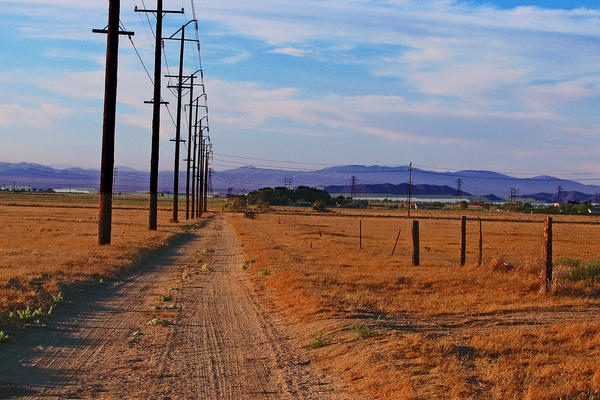Historical Lives up Close and Meandering
By Prof Larry D. Harwood
Historians and biographers sometimes skirt larger settings out of which their subject(s) made footsteps through the world, so a legitimate question to pose of such an account is whether the subject could recognize himself or his world in what is written about him? One easily imagines that a subject might tout the tales told to grandchildren as a better and fuller life story than what a reader might encounter in a telescoped book. To illustrate the point, we are often ignorant of details of even famous people because their lives have been stripped down to what feat(s) made them famous. The rest is often ignored. Are there places their feet may have taken them, or projects of which they were a part, about which readers have not the faintest idea regarding either, but which assuredly are part of our subject’s life story?
I recall my amazement on discovering that the famous French mathematician and philosopher Descartes (1596-1650) was in all probability a soldier in the army of the Holy Roman Emperor Ferdinand II at the Battle of White Mountain, outside of Prague, on November 20, 1620. As a graduate student of philosophy at the time of this encounter, suddenly I felt I knew something of the real man; this individual was now for me more than a noted philosopher turning thinking in a new direction, as the so-called “father of modern philosophy.” The fact suddenly hit me how very few, least of all philosophers of a platonic bent, were aware of this highly probable fact about the famous thinker of the cogito. It was a new thought for me to consider the famous Frenchman positioning himself over a soggy field for a battle that hardly counted as more than a skirmish, though a hugely important one—more of that momentarily. I wondered for now if he had managed to pack any papers into his rucksack, as three centuries later, the Austrian philosopher Ludwig Wittgenstein had during World War 1.
Years later I went to visit the bloodied soil of the battlefield outside Prague and studiously walked the perimeter. I talked to some of the residents who had homes planted on the edge of what had been the scene of the battle four centuries earlier. I felt like I now knew Descartes with more than only my head; I also knew something of him with my feet. Places seemed pertinent, even when talking about a philosopher. Years later still, on visiting my daughter in Paris, I asked if we might walk to the tomb of the notable philosopher at Abbey of Saint-Germain-des-Prés. Soon we found what I had come to see. Standing in his now quiet company I imagined talking to Rene Descartes about what he had witnessed at the Battle of White Mountain. I didn’t hold him responsible for not responding, for he could be excused as incapable of speaking now, but with a bit of castigation in other thoughts, I rebuked historians who left out this piece of a life, though only one day, from their pages on him.
Mostly we envision Descartes in his study—and sleeping late when not soldiering, as was his habit. The Battle of White Mountain probably was a harrowing experience for Descartes, though perhaps not, as he, like others of his profession, might have been elsewhere in their thoughts, even when sliding about on muddy terrain and facing hot and unfriendly bullets. Nevertheless, this battle ranks for many historians as one of the ten most consequential battles of Western human history. This father of modern philosophy probably was a part of an event that brought on the Thirty Years War that engulfed most all of Western Europe for as many years and only ended a couple years before Descartes passed from the world in 1650 in Sweden. The Frenchman had travelled north because Queen Christiana, hearing of the great man, invited him to Stockholm, wanting to hear of his philosophy. The cold weather of Sweden, and her requirement for an early morning meeting were too much for the man, however. In recounting his life, Descartes would surely have told how his life ended, as it had not at the Battle of White Mountain, if he had had opportunity to speak of his life after his death. As it is, we have to count on historians to tell the life stories of the deceased. However, when lives are meandering as they most often are, the biographer may opt for a thin and straight line. In so doing this historian may impose a kind of neatness on a life story not found in the raw subject, which is, most always, more interesting—and certainly truer to the life lived.










